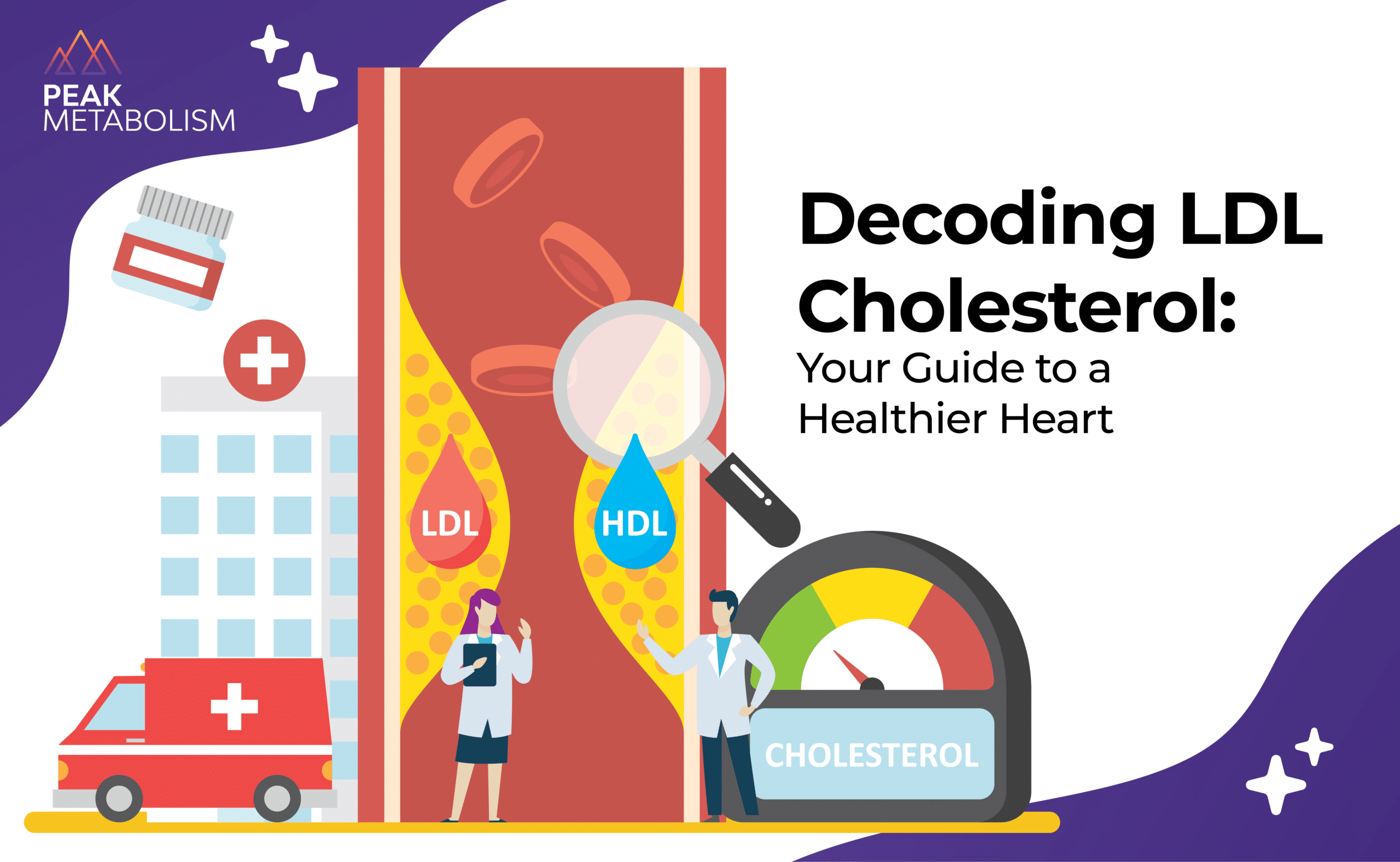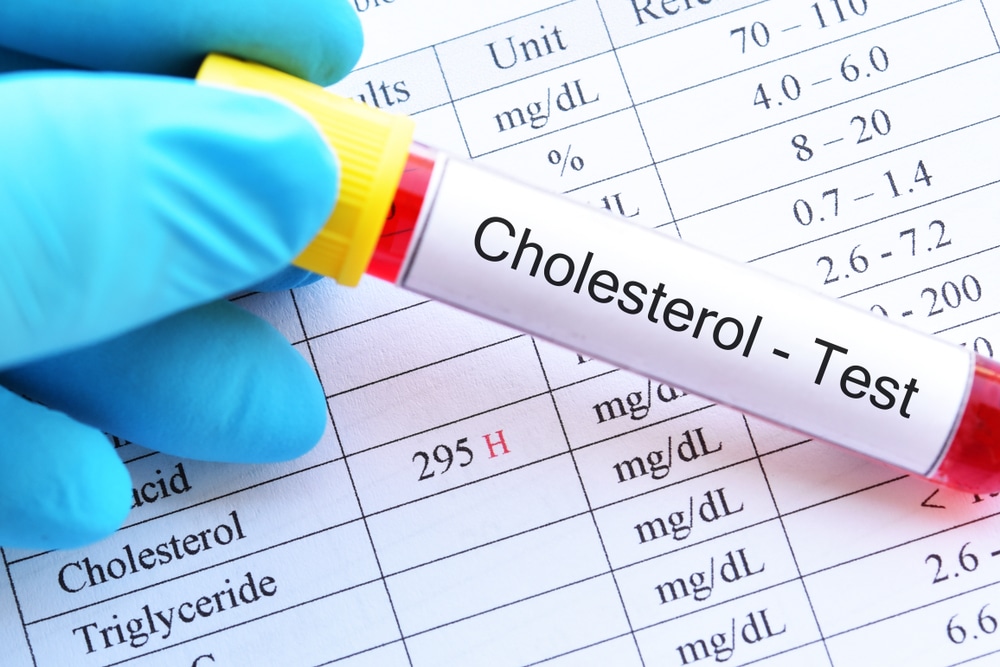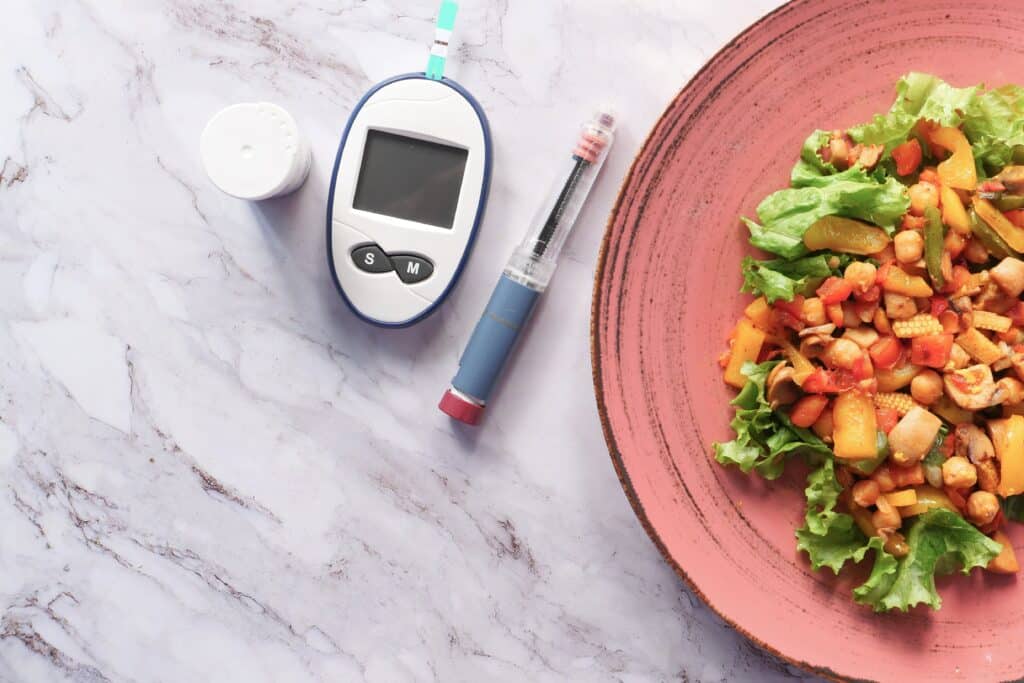
When we talk about LDL cholesterol, most discussions revolve around its negative impact, labeling it the “bad” cholesterol. However, recent insights reveal a more nuanced picture, highlighting that not all LDL cholesterol behaves the same. In this piece, we dive deep into the types of LDL cholesterol, particularly focusing on small dense LDL and light fluffy LDL, unraveling how each type affects our health differently and the surprising benefits of LDL cholesterol.
LDL (low-density lipoprotein) cholesterol could save your life. No that’s not a typo – contrary to what you might read about the so-called “bad” cholesterol, it has some surprising health benefits.
LDL has a reputation for causing many cardiovascular diseases, such as coronary artery disease (CAD), peripheral vascular disease (PVD), and carotid artery disease. Heart conditions cause more deaths than anything else, and at the root of most of these heart-related deaths is the build-up of fatty plaques in your blood vessels. Plaque build-up (atherosclerosis) narrows the arteries so you don’t get enough blood to your heart, brain, and other organs and tissues, causing both chronic disease and potentially life-threatening strokes and heart attacks. And LDL cholesterol has been taking the blame for decades.
Does High LDL Cholesterol Give You Heart Disease?
In short, yes, having raised LDL levels does increase your risk of heart disease; however, there’s far more to it than that. For a start, there are different types of LDL. Some are small and dense, while others are bigger and more fluffy. Small dense LDLs could increase your risk of a heart attack three-fold because their size enables them to infiltrate your blood vessels’ inner lining. Large, fluffy LDLs aren’t capable of accessing the blood vessel walls in the same way, so they’re significantly less damaging.
Research done over the last 20 years or so reveals that these differences are critical in assessing your risk of cardiovascular disease. If you have mainly small and dense LDLs, your chance of developing heart disease is significantly higher than if you have primarily large fluffy LDLs. What this means is that you could have exactly the same levels of total LDL as someone else but face vastly different risk rates depending on the size of the LDL particles you each have. While high levels of small dense LDL do increase the risk of heart disease, there’s doubt as to whether it’s responsible for actually causing heart disease in the absence of other significant risk factors like Type 2 diabetes and a diet high in trans fats. The widely-held belief that keeping cholesterol levels low in older people increases life expectancy is also up for debate.
Does LDL Cholesterol Have a Role in Extending Lifespan?
A study published in the Lancet analysed the role of cholesterol and all-cause mortality in elderly patients who were part of the Honolulu Heart Program and discovered that only those with a low cholesterol concentration had a substantially higher risk of dying. The study is notable for its comprehensive assessment of the participants’ lipid and serum cholesterol concentrations over a 20-year period, which provides reliable evidence for determining the role of cholesterol levels in mortality.
What’s also interesting is there’s evidence to suggest that cholesterol can, in some cases, protect you from certain health problems. For example, cholesterol is vital for neurotransmitter function. If your brain lacks these chemical messengers, it increases your risk of dementia, which could be a significant problem if you’re taking cholesterol-lowering drugs because they inhibit the production of neurotransmitters.
Cholesterol also plays a key role in immune system health because LDL binds with lipopolysaccharides in bacteria and renders them inactive. Numerous studies have recorded lower levels of infectious diseases in people with high LDL.

How to Test for Different Types of LDL Cholesterol?
It’s not routine for lab test results to detail the ratio of small dense to large fluffy LDL at present. However, there is another ratio – that of triglyceride levels to HDL (high-density lipoprotein, also known as the “good” cholesterol) that can be useful. The TG/HDL ratio provides a usable estimate of LDL particle size, indicating that someone with a high ratio has elevated levels of small dense LDL. Tests that specifically measure small dense LDL, such as the VAP® (Vertical Auto Profile) Test, LDL gradient gel electrophoresis test, and the NMR (nuclear magnetic resonance) LipoProfile® test are available, but they aren’t in general use and may be difficult and expensive to access.
How to Test for Different Types of LDL Cholesterol?
Some people are more likely to have small dense LDL because of a genetic predisposition, and there’s not a lot you can do about that. However, lifestyle is key, and there are several ways in which you can make a difference to the types of LDL you have in your body.
Regular exercise increases HDL cholesterol levels and reduces your triglycerides, which is generally beneficial. Physical activity also helps your body to convert small dense LDLs into large fluffy ones. Reducing your intake of saturated and trans fats and limiting the sugar you consume is also helpful, particularly if you increase the quantity of monounsaturated and polyunsaturated fats like omega-3s.
Further dietary changes you can make include increasing your intake of reduced-fat dairy products and unprocessed plant-based foods. These measures can lower elevated triglyceride levels in your blood and reduce your blood pressure, which leads to a better TG/HDL ratio, more large fluffy LDLs, and a drop in your risk of heart disease.
Other steps you can take to address unhealthy small dense LDL levels are losing weight if you’re overweight or obese, and managing conditions like diabetes that influence your cholesterol levels. Cholesterol-reducing medications like statins and fibrates could also lower your small dense LDL levels, but the benefits of altering your diet and activity levels are so numerous they should be the priority.
As we’ve explored, LDL cholesterol is not a straightforward villain in our health narrative. Understanding the types of LDL cholesterol – from small dense particles known for their association with heart disease, to the more benign large fluffy particles – is crucial in assessing cardiovascular risk and tailoring lifestyle changes. For those looking to optimise their heart health, focusing on improving the quality of LDL particles through diet, exercise, and potentially medication under medical guidance, is key. Discover more ways to enhance your heart health and metabolism by joining our Peak Metabolism program, where we delve into the latest research and practical steps to maintain a vibrant, healthy life.
Start your journey to a healthier heart today. If you have any concerns or are seeking more individualised advice, book a free consultation with us. We can help you on your journey to better health.







